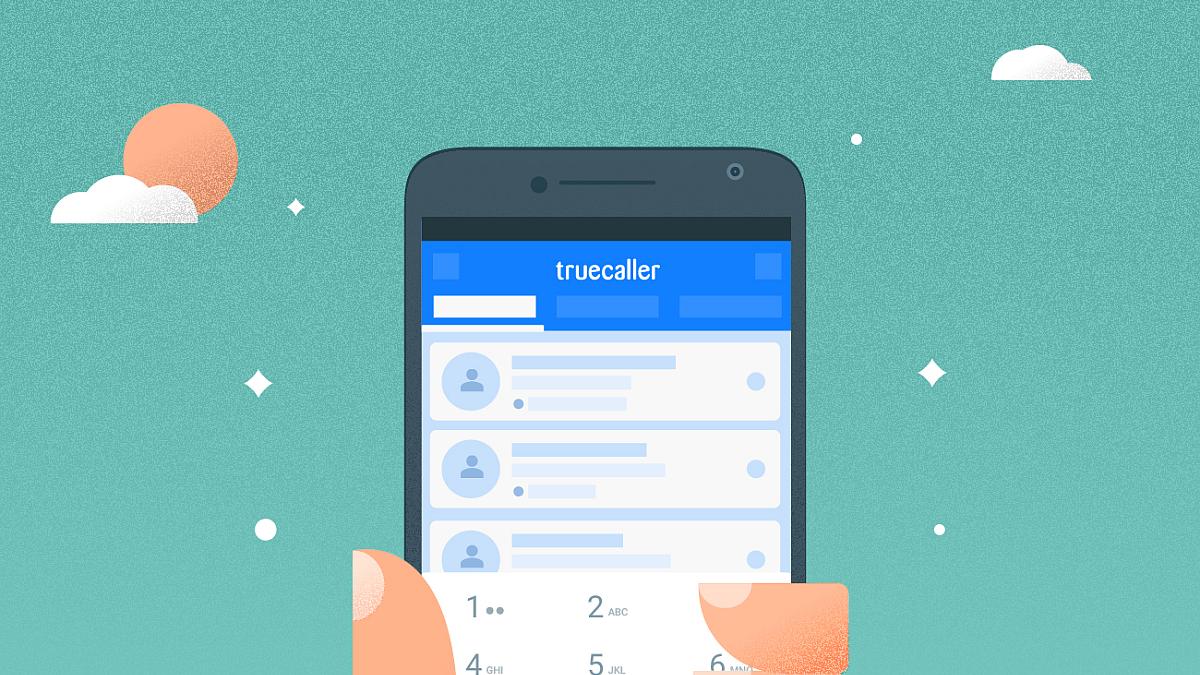Truecaller has recently launched a Family Plan which will let a total of five users avail its premium services with a single subscription. Priced at Rs. 132 for a monthly membership or Rs. 925 for a yearly pack, Truecaller will let up to five family members to access its features like checking of profile views and advance spam blocking without any additional fees on a single user account. The service is first reaching Android users around the world, expect for in the US. Its release timeline for iOS users remains unclear as for now.
“Family Plan is the newest way to get Truecaller Premium. Family Plan lets you choose whoever you want to be in your ‘family’. We’re saying, if your bestie is like a brother to you, then they might belong on your family plan! Just choose 4 people and add them to your subscription,” the Swedish caller ID app said in an official statement.
What does family mean to you? At #Truecaller, family can be whoever you like!
Introducing Family Plan, the new Premium subscription where you invite 4 of your closest people to enjoy the upgraded protection of Truecaller Premium under one plan. https://t.co/pSykmyrYwC
— Truecaller (@Truecaller) December 13, 2022
Launched in 2009, Truecaller allows users to be notified before a call rings up, while also allowing people to see if the call is from a spam number.
The call identification app caters to 300-million monthly active users, with 73 percent of its users being in India, where it keeps releasing newer features to retain its userbase.
Last week, Truecaller launched a ‘government directory’ feature in India to allow Indians to connect with verified government officials.
In order to keep in line with Google’s PlayStore policies, the platform recently pulled-back its ‘call record’ feature.
Truecaller, which presently shows the names of unsaved numbers as saved by crowd sources, may soon have to change this feature to be in alignment with expected amended rules in India.
India’s telecom regulator, the TRAI, has asked the public to submit suggestions on whether these caller ID apps like Truecaller must display the actual, SIM-registered names of the callers in the coming days.
The public comments on the paper can be submitted to the regulator by December 27, while the deadline for counter comments is till January 10, 2023.
Check out our Latest News and Follow us at Facebook
Original Source

